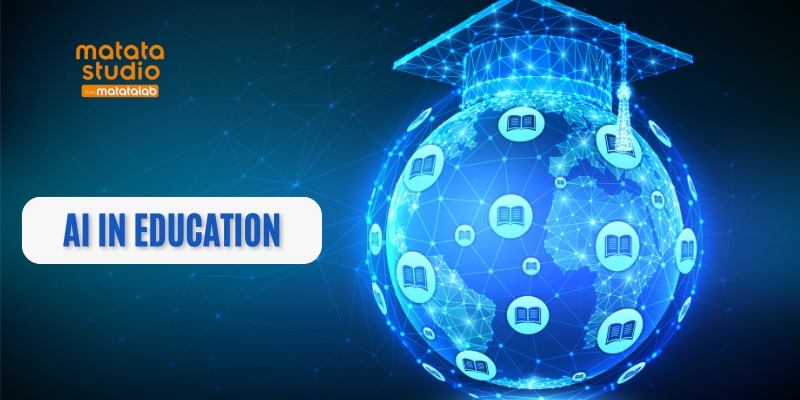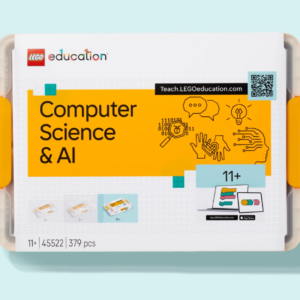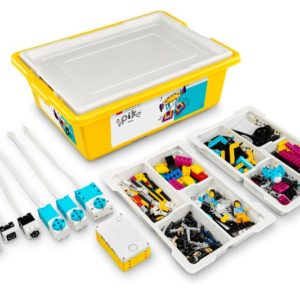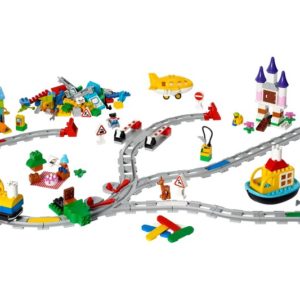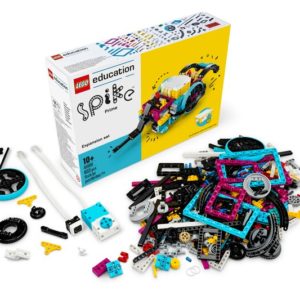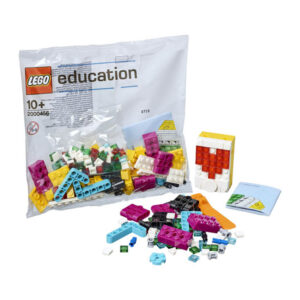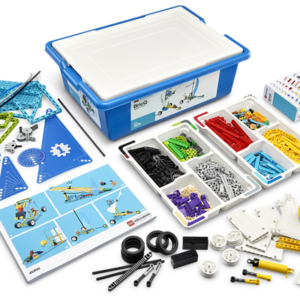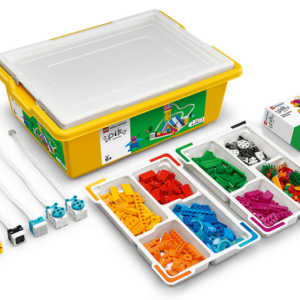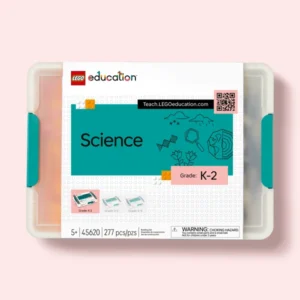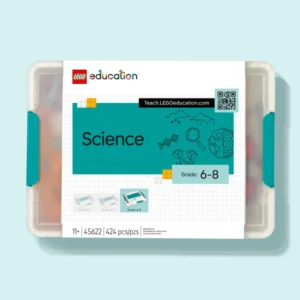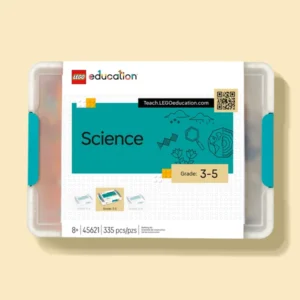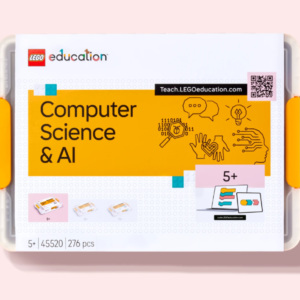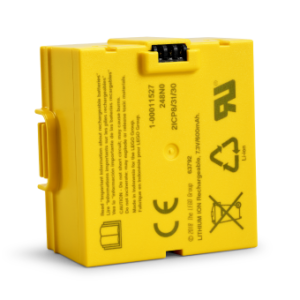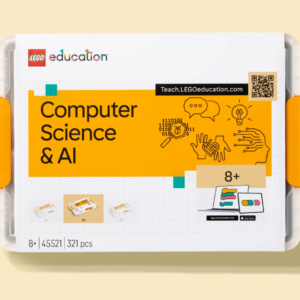The world of education is changing fast, thanks to AI in education. Just a decade ago, classrooms mostly used traditional teaching methods, and teachers had a hard time giving individual attention to every student. But now, AI in education is transforming how we learn and teach.
From Past to Present
In the past, education was often one-size-fits-all. Every student followed the same curriculum, and tests were mainly used to measure learning. Teachers spent a lot of time on administrative work, leaving less time for actual teaching.
When computers and the internet were first introduced, learning started to change. However, early technology was mostly static and not very interactive, with digital textbooks and simple multiple-choice quizzes being the norm.
Current Scenario
AI in education is already being used in schools through tools like adaptive learning platforms, intelligent tutoring systems, and automated grading. AI software in classrooms can track student progress and adjust lessons based on how well students are doing. Virtual assistants are available 24/7 to answer questions, and AI can also provide feedback on assignments quickly.
Schools are using AI to create personalized learning paths for students, helping them learn at their own pace. For example, if a student struggles with a subject like algebra, AI in education might present it in different ways – visual, practical, or theoretical – until it finds the method that works best for that student.
The Future Landscape
Looking ahead, AI in education will continue to grow. Here are some trends to watch:
Hyper-Personalized Learning
Future AI systems will go beyond just academics. They will also consider students’ emotions, attention levels, and learning styles to create truly personalized learning. These systems will predict learning struggles and adjust lessons before problems arise.
Advanced Assessment Methods
These AI-powered assessments will track a student’s progress over time, offering a more holistic view of their learning journey. By continuously evaluating student interactions and performance, AI can provide a clearer understanding of areas that need improvement, ensuring no student falls behind.
Immersive Virtual Experiences
Students might take virtual field trips to ancient civilizations or do chemistry experiments in safe, simulated environments. AI in education will adjust these experiences based on student responses and engagement.
AI Teaching Assistants
AI teaching assistants will help human teachers by handling routine tasks and giving insights into student progress. They will also suggest personalized strategies to help students who need extra support. These assistants will become more natural in their interactions, offering both academic and emotional support.
Global Learning Networks
AI in education will break down language barriers, allowing students from diverse backgrounds to communicate effortlessly. This will foster cross-cultural understanding and create opportunities for global collaboration, preparing students for a more interconnected world.
Skills-Based Learning Paths
AI in education will adapt learning paths to match the evolving job market, ensuring students are prepared for future careers. By analyzing individual strengths and interests, it will offer tailored recommendations, helping students gain skills that are in demand and enhancing their employability.
AI is shifting education from a standard approach to a personalized one, with more active engagement and collaboration. Moving forward, the key will be ensuring that AI complements human teachers, not replaces them.
AI in education with MatataStudio
MatataStudio is a great example of how AI in education is changing the learning experience. Their products, like the Nous AI Set, let students explore AI and coding in a fun, hands-on way. These tools help students build skills that are important for the future. With MatataStudio, students can learn about AI, work with it, and get ready for careers in tech.
MatataStudio’s interactive tools make learning fun and engaging. They help students of all ages get familiar with AI and robotics, skills that will be essential in tomorrow’s workforce. By using products like MatataStudio’s, students get the chance to work with technology in a meaningful way, setting them up for success in the future.

